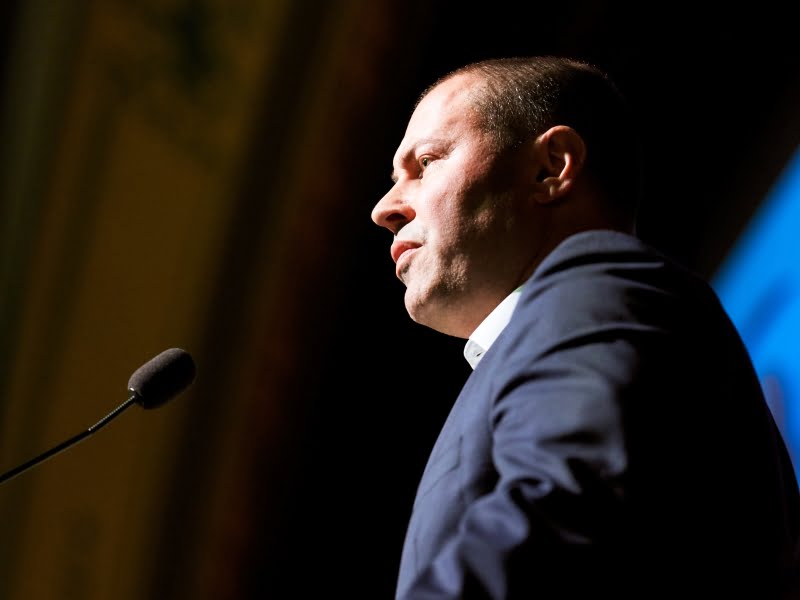The federal government has again announced plans for major reforms of the employee share scheme at a cost of $550 million, after promising a series of changes to the program in 2018 but never delivering them.
The federal budget, handed down by Treasurer Josh Frydenberg on Tuesday night, included efforts to bring Australia’s employee share scheme “in line with the rest of the world”.
The employee share scheme is used by companies – typically startups – to attract employees by issuing them shares in the company, usually at a discount.

The planned reforms would see an employee no longer taxed on the shares as soon as their employment at the company ends. This rule has often led to the employee being forced to sell their shares to meet the tax liability.
The government is also planning to remove regulatory requirements for the issuing of employee share schemes where the employer doesn’t charge or lend to the employees they are offering the shares too.
If the employer does do this, there will be streamlined requirements with a cap of $30,000 per employee per year, up from the current cap of $5000.
“This measure will help Australian companies to engage and retain the talent they need to complete on a global stage, which is consistent with recommendations from the Global Business and Talent Attraction Taskforce,” the budget papers said.
If passed by Parliament, the reforms would come at a cost of $550 million over the forward estimates.
But it’s not the first time the Coalition government has announced plans to significantly reform the employee share scheme. In late 2018 Mr Frydenberg revealed plans to increase the cap on employee share schemes to $10,000 and to introduce new exemptions for startups and SMEs from reporting requirements and disclosures.
Despite launching a number of inquiries into these plans and the broader employee share scheme, the government is still yet to move on this announcement, and it will be superseded by the 2021-22 budget reveal, which in many cases take the reforms further.
Startups will also likely benefit from a $2.6 million over four year plan to assist SMEs in accessing government procurement.
This will include a review of procurements to identify “pain points” for SMEs in the process, better communication of opportunities to potential suppliers, targeted government procurement learning events and the mandated use of dynamic sourcing for panels.
A pilot will also be launched for direct engagement with SMEs by the industry department for contracts worth up to $200,000.
The budget also includes funding for the establishment of an early engagement service to provide investors with fast-tracked tax advice on transactions, and the implementation of the Corporate Collective Investment Vehicle regime.
A review will be conducted into the tax treatment of venture capital, looking at whether the current arrangements are creating the right incentives for additional investment and genuine early-stage Australian startups.
Do you know more? Contact James Riley via Email.

